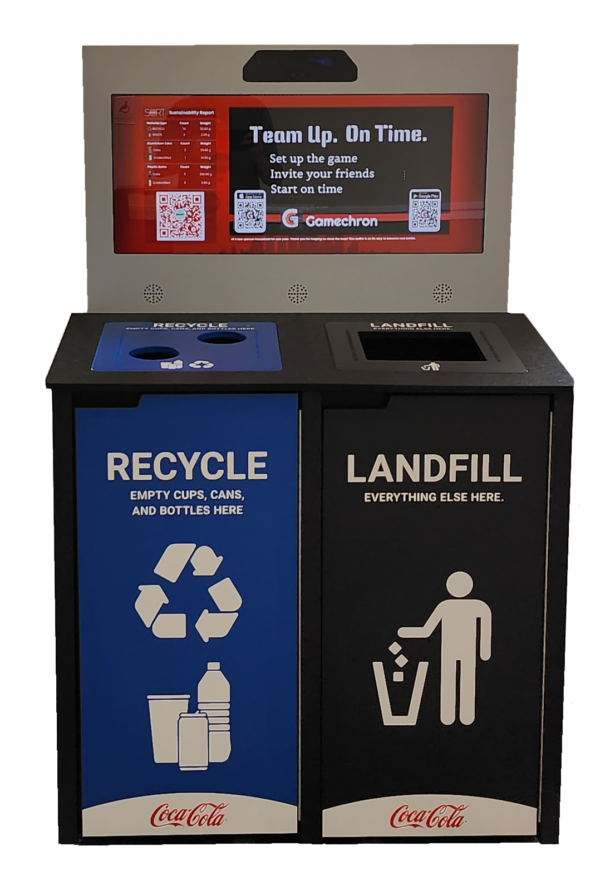Smart bin technology is revolutionizing the way people recycle. Smart bins are computerized, automated waste and recycling bins that are connected to the internet. They use sensors to detect when the bins are full, and then alert a service provider who will come to collect the waste or recycling materials. This technology has had a huge impact on recycling practices, making it easier and more efficient to recycle.
The first major impact of smart bin technology is the increased convenience it provides. With smart bins, people no longer need to worry about sorting their waste and recycling materials, as the bins will automatically identify what needs to be recycled. This makes it easier for people to recycle, as they don’t need to go through the hassle of sorting and separating their waste. Additionally, the automated nature of smart bins means that they can be placed in public areas, such as parks and shopping centers, making it even easier for people to recycle.
Another benefit of smart bin technology is that it helps to reduce waste. By making it easier for people to recycle, smart bins encourage more people to participate in recycling practices. This in turn reduces the amount of waste that is sent to landfills, helping to protect the environment. Additionally, smart bins can be used to track the amount of waste that is being recycled, providing valuable data that can be used to improve and optimize recycling practices.
Overall, smart bin technology is revolutionizing the way we recycle. By providing increased convenience and helping to reduce waste, smart bins are making it easier and more efficient to recycle. As this technology continues to evolve, it will no doubt have an even greater impact on recycling practices in the future.




